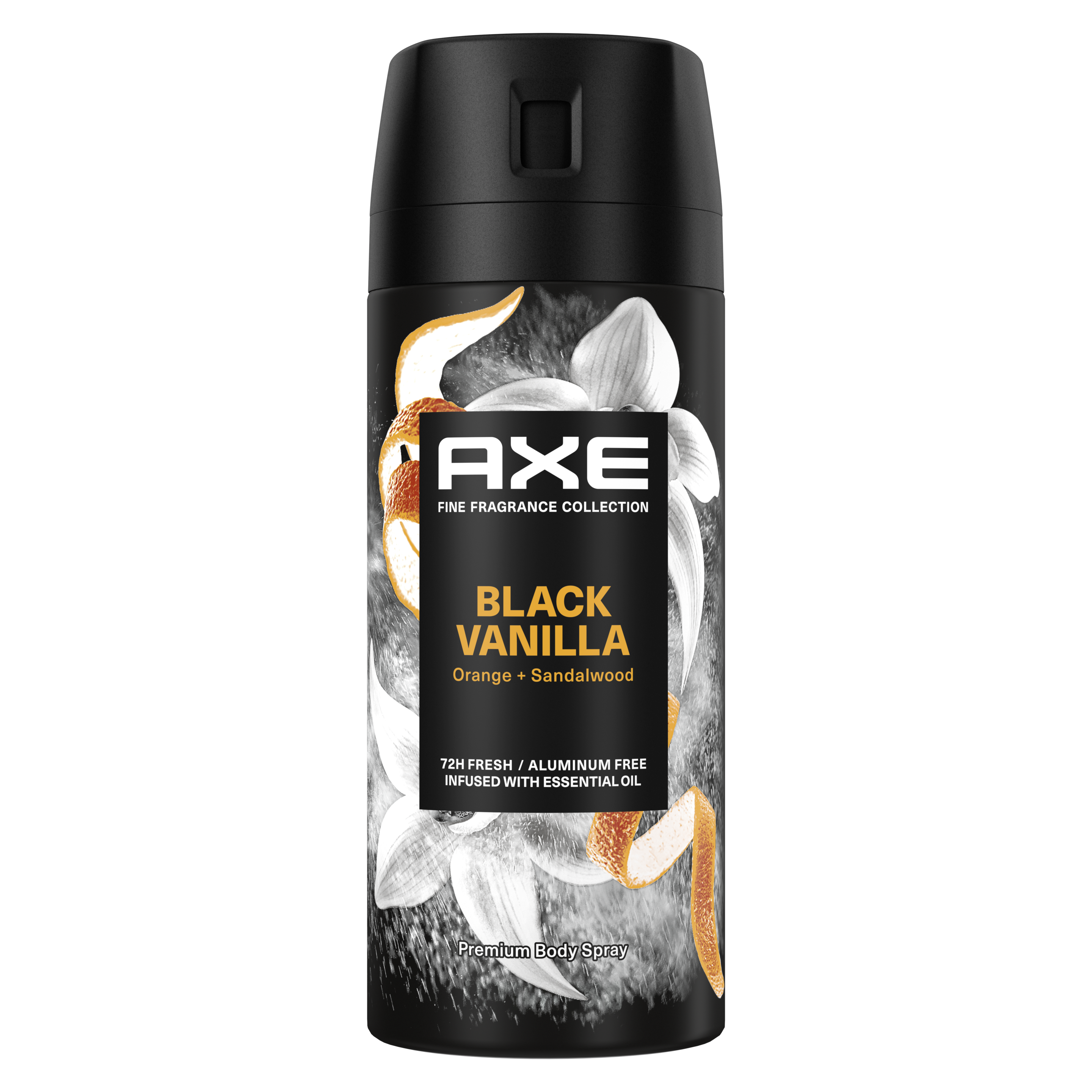Have you heard some wild stories about deodorants that made you raise an eyebrow? Well, buckle up, because we're about to take a ride through the land of deodorant myths. Say goodbye to the confusion around deodorants and antiperspirants and sift through the fiction to find the fragrant facts.
Ready to unravel the top seven deodorant myths? Let’s go!
Myth #1: Natural Deodorants Prevent Sweating
Do natural deodorants stop you from sweating? The short answer – nope! Natural deodorants sidestep aluminum and instead focus on neutralizing the bacteria on your skin. They are made to control body odor, not your sweat glands.
If you're switching from an antiperspirant to a natural deodorant, your body might go through a short adjustment period, such as a change in body odor or more sweating, but there's no scientific evidence to suggest you need to detox your pits.
Myth #2: You Should Switch Deodorants Regularly to Maintain Effectiveness
Here's the deal: your deodorant isn't like a Netflix series that you switch up every month. If you've found the one that makes your underarms sing (or at least not smell less that fresh), stick with it! There's no scientific backing to the fact that your body becomes immune to your deodorant. If you're vibing with your current stick, roll, or spray keep that relationship going strong!
Myth #3: Deodorants and Antiperspirants Are the Same
This one's a classic mix-up. In the great debate of antiperspirant vs. deodorant, remember that antiperspirants use aluminum to block those sweat ducts, while deodorants focus on neutralizing odor. If you're concerned about aluminum, there's no need to stress. The FDA has given aluminum-containing antiperspirants the green light, ¹ but if you're still on the fence, there are plenty of aluminum-free options out there to keep you smelling good.
Myth #4: Aluminum in Antiperspirants Is Harmful
Aluminum in antiperspirants isn't the bad boy it's made out to be. By forming a temporary plug within the sweat duct, the aluminum in deodorant dials down the moisture level, helping you stay dry and less hospitable to odor-causing bacteria. The amount of aluminum used in antiperspirants is considered to be safe for most people. ²
Myth #5: You Don't Need Deodorant If You Don't Sweat Much
Think of it this way: you might not need an umbrella every time you step outside, but it's nice to have one just in case it rains. The same goes for deodorant.
Wearing deodorant is about keeping you smelling fresh and giving you that extra boost of confidence, no matter your perspiration level. Even if you're not sweating buckets, a little deodorant can boost your scent appeal.
Myth #6: Deodorants Stain Your Clothes
We've all seen those dreaded white marks on a black tee. But it's not always the deodorant's fault – it can also be down to application. To avoid the fashion faux pas, let your deodorant dry before dressing. And if you do get a stain, there are plenty of hacks to get your threads looking sharp again. Gently rub with a damp cloth or use a little vinegar or baking soda to tackle that stain.
If you're vibing with your current stick, roll, or spray, keep that relationship going strong!
Myth #7: You Need to Detox Your Armpits
Heard of underarm detoxes? For some it means slathering on a special mask to ‘draw out toxins’. For others, it means moving to a natural deodorant.
Here's the real deal: your body is a pro at self-cleaning, and your underarms are no exception. Your skin naturally sheds dead cells and eliminates waste, so there’s no need for a complicated detox ritual. Hit the shower, dry off, swipe on your favorite AXE deodorant, and you're ready to rock.
Now that we've busted some myths and cleared the air (pun intended), you can make smarter choices for your personal care routine. When it comes to deodorants and antiperspirants, it’s all about what keeps you feeling fresh and confident.
References
1. FDA. “Antiperspirant drug products for over-the-counter human use”. 2024.
2. FDA. “Antiperspirant drug products for over-the-counter human use”. 2024.
Related Products






